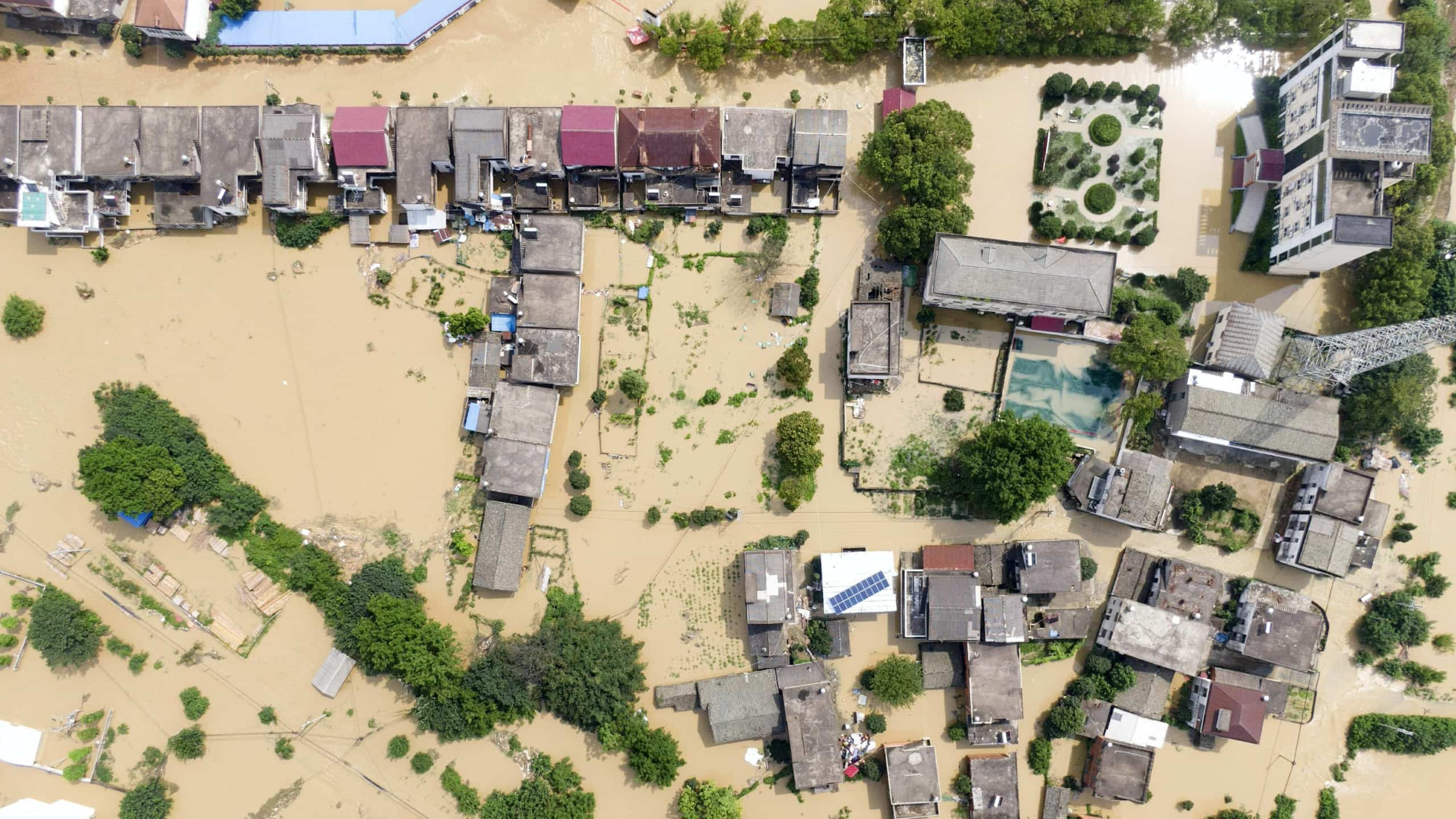Yangtze River Basin expecting more extreme rainfall under global warming and La Niña events
Extreme precipitation events are increasing both in frequency and intensity around the globe, which makes the attribution of such changes a heated topic in hydro-climatology. Under global climate change, the attribution of changes in extreme precipitation is very complicated as it is under the combined influence of global warming, large scale atmospheric circulation and local factors.
Li et al (2021) approached the extreme precipitation in the Yangtze River Basin through the 12 extreme precipitation indices (EPIs) recommended by the Expert Team on Climate Change Detection and Indices (ETCCDI). They analysed the frequency, intensity and duration of the Basin’s precipitation between 1960 and 2019. A non-parametric Mann-Kendall test was employed to reveal trends of change, and correlation analysis to attribute changes to global mean surface temperature change, El Niño – Southern Oscillation and local temperature. Their results show that precipitation in the Basin is increasing significantly in frequency and intensity. The rising global mean surface temperature and intensity of the La Niña events of ENSO are positively correlated to such increase, though the latter is also found to contribute reduction in the next year. Local warming in the Basin reduces extreme precipitation, which is likely a response to the significant decrease of relative humidity out of it.
Full paper
- Li, X. et al. (2021) “Changes in precipitation extremes in the Yangtze River Basin during 1960-2019 and the association with global warming, ENSO, and local effects,” The Science of the Total Environment, 760, p. 144244. doi: 10.1016/j.scitotenv.2020.144244.




